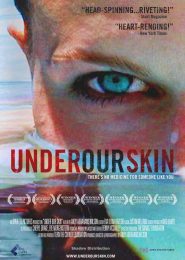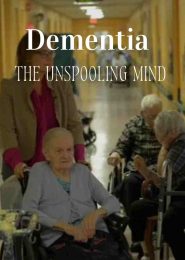The Fluoride Deception (2004)
In the documentary The Fluoride Deception, investigative journalist Christopher Bryson peels back the layers of a seemingly innocuous chemical—fluoride. Released in 2004, this eye-opening film delves into the history, politics, and health implications of water fluoridation, a practice hailed as a preventive measure against tooth decay.
The Backstory: At the end of World War II, fluoridation gained traction in the United States. The prevailing narrative was that adding fluoride to public water supplies would enhance dental health. However, Bryson’s research reveals a more complex tale—one that transcends dental hygiene.
The Hidden Agendas: Bryson’s investigation uncovers startling connections. He reveals how big corporations, the U.S. military, and public health authorities collaborated to promote water fluoridation. The film suggests that this policy wasn’t solely about dental care but had deeper motivations.
Suppressed Research: The Fluoride Deception sheds light on suppressed research. Scientists who questioned fluoride’s safety faced obstacles. Research challenging its efficacy and potential health risks was either ignored or stifled. The film contends that fluoridation became a triumph not of medical science but of government spin.
Health Concerns: The documentary raises serious health concerns. It questions whether fluoride, even in small doses, affects more than just teeth. Skeptics argue that it may harm organs, disrupt immune systems, and even alter genetic makeup. The film challenges the prevailing notion that fluoride is universally safe.
Environmental Impact: Beyond health, the film explores environmental repercussions. Fluoride, when discharged into waterways, affects ecosystems. The film captures protests against water fluoridation, emphasizing the need for informed choices.
Legacy and Vigilance: The Fluoride Deception remains relevant. It urges viewers to critically examine public health policies. As we sip fluoridated water, we’re reminded that transparency, independent research, and vigilant questioning are essential.




